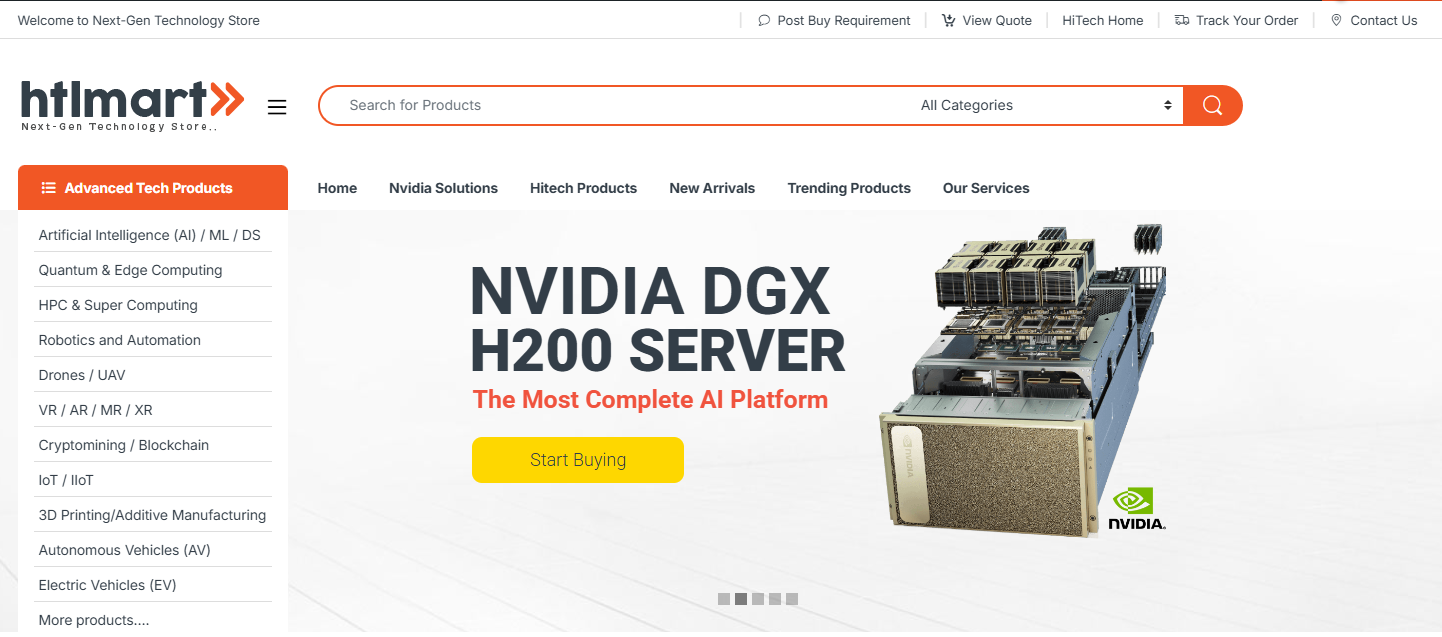
We are coming soon
HtlMart, Next-Gen Technology Store
A leading B2B Marketplace Platform
00
Days
00
Hours
00
Minutes
00
Seconds


A leading B2B Marketplace Platform
